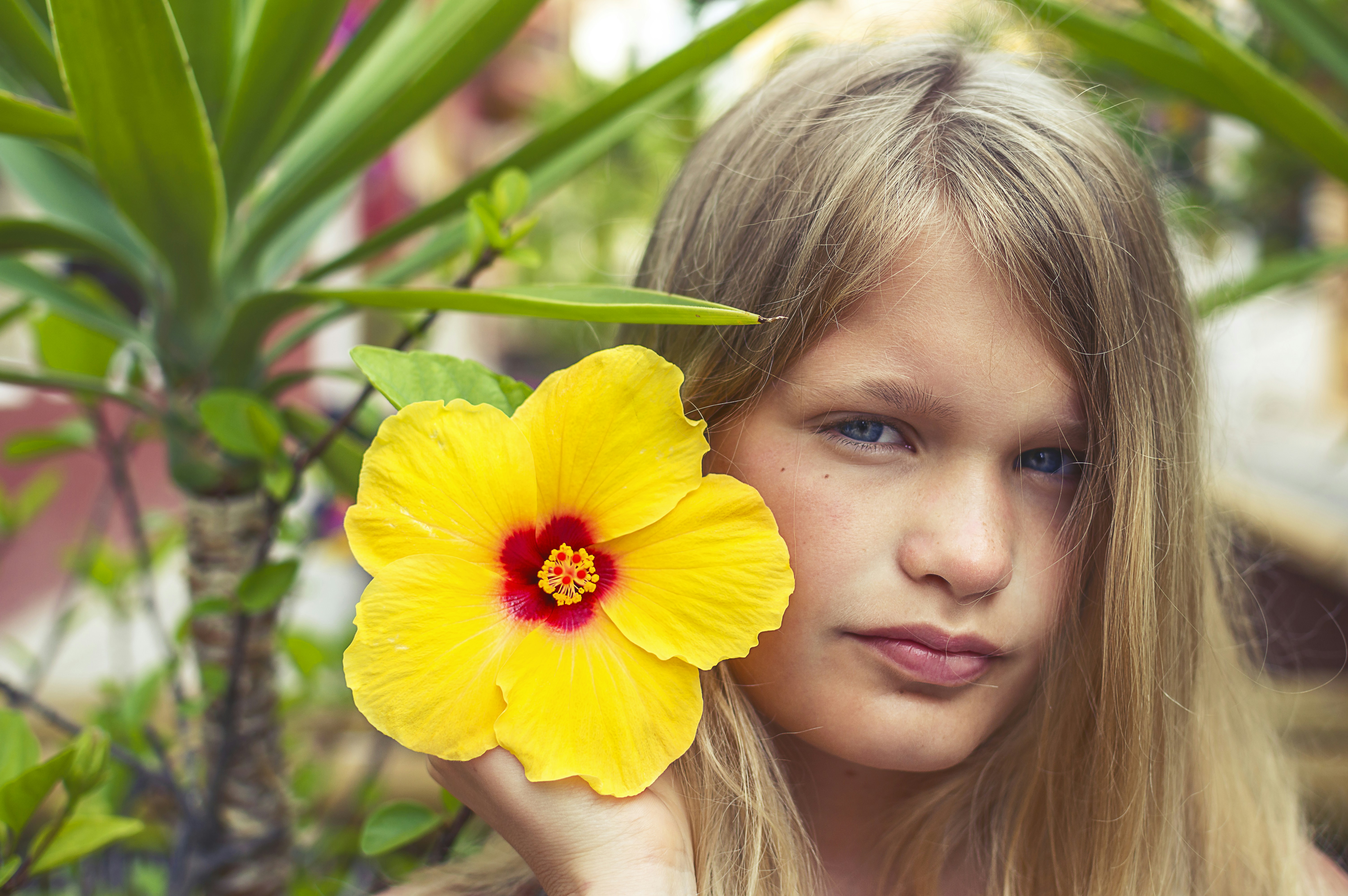Comprehensive Guide for Parents and Carers: Tips, Advice, and Recommendations
August 1, 2024 | by Sonya Dunkley
 Photo by National Cancer Institute on Unsplash
Photo by National Cancer Institute on Unsplash Parenting Styles: Overview, Pros, and Cons
Parenting styles play a crucial role in shaping a child’s development and behavior. Four primary parenting styles are often discussed: authoritative, authoritarian, permissive, and uninvolved. Authoritative parenting combines high responsiveness with high demands and is generally seen as the most effective. It promotes independence while maintaining clear boundaries. In contrast, authoritarian parenting emphasizes strict rules and high expectations, often resulting in obedient but potentially less socially adept children.
Permissive parenting, characterized by high responsiveness but low demands, tends to produce children who are self-regulated but may struggle with authority and discipline. Lastly, uninvolved parenting, marked by low responsiveness and low demands, can lead to a lack of emotional attachment and behavioral problems. Understanding these styles helps parents tailor their approach to their child’s unique needs, promoting healthier development.
Activities for Children: Outdoors, Educational, and Recreational
Engaging children in a variety of activities is essential for balanced development. Outdoor activities like hiking and cycling promote physical health and connection with nature. Educational visits to museums, science centers, and historical landmarks stimulate curiosity and learning. Recreational spots such as parks, playgrounds, and sports complexes offer spaces for social interaction and physical exercise. Tailoring activities to suit your child’s age and interests ensures a stimulating and enjoyable experience.
Healthy Foods: Nutrition and Kid-Friendly Recipes
Nutrition is a cornerstone of a child’s growth and well-being. Focus on including a balanced mix of fruits, vegetables, whole grains, and proteins to meet their nutritional needs. Easy, kid-friendly recipes like fruit smoothies, vegetable sticks with dips, and whole-grain pasta can make healthy eating enjoyable. Educating children about the importance of nutrition helps them make healthier choices as they grow older.
Hair Care for Children: Tips and Solutions
Maintaining children’s hair health can sometimes be challenging, but with the right approach, it’s manageable. Regular washing with suitable products, gentle detangling, and minimizing heat styling can prevent common hair issues. For children with specific hair types, such as curly or textured hair, specialized care routines, including the use of leave-in conditioners and protective styles, are advisable. Consistent hair care not only maintains hair health but also instills good grooming habits.
Handling Challenging Behaviour: Practical Strategies
Dealing with challenging behavior requires patience and consistency. Techniques such as setting clear expectations, positive reinforcement, and structured routines can foster positive behavior. When faced with tantrums, remaining calm and offering comfort or a distraction can be effective. It’s essential to evolve discipline methods as children mature, adjusting approaches to reflect their growing understanding and capabilities. Practical strategies in handling behavioral challenges contribute significantly to a supportive and nurturing parenting environment.
Self-Care and Recommendations for Parents and Carers
The well-being of parents and carers is a cornerstone of effective caregiving. Prioritizing self-care is not an indulgence but a necessity, as it enables parents and carers to maintain their physical and mental health, thereby improving their capacity to look after their children. Practicing stress management techniques is essential. Simple actions, such as deep breathing exercises and regular physical activity, can significantly alleviate stress. Taking short breaks to move and stretch during a hectic day can rejuvenate both body and mind.
Mindfulness and meditation are highly beneficial for reducing stress and enhancing mental clarity. Even dedicating a few minutes each day to mindfulness practices can make a substantial difference. Apps such as Headspace or Calm provide guided meditation sessions that can fit into any schedule, helping parents and carers find moments of peace amidst their responsibilities.
Incorporating relaxation into a busy routine doesn’t have to be complex. Setting aside a few minutes each day for a quiet cup of tea, listening to calming music, or journaling thoughts and feelings can be profoundly restorative. Engagement in hobbies and activities that bring joy and personal fulfilment is equally important. Whether it’s reading, gardening, painting, or even engaging in a quick workout session, these activities contribute to a balanced life.
Finding resources and communities that offer support can also enhance the well-being of parents and carers. Recommended readings like “The Self-Care Solution” by Jennifer Ashton or podcasts such as “The Honest Mums’ Club” provide valuable insights and tips. Online forums and support groups, like those found on Facebook or specialized websites, offer a sense of community and shared experience.
Ultimately, the importance of self-care for parents and carers cannot be overstated. By looking after their own well-being, they are better equipped to meet the challenges of caregiving with resilience and compassion.
RELATED POSTS
View all


